Apartments, villas, and serviced apartments offer diverse rental options across Dubai.
Downtown Dubai and Dubai Marina are top choices for luxury and waterfront living.
Jumeirah and JVC offer family-friendly communities with good value.
Business Bay appeals to professionals due to its central business location.
Use online portals like Bayut, Property Finder, and Dubizzle to search listings.
Licensed real estate agents can simplify the rental process and provide expert guidance.
Expat communities and forums offer helpful local insights and property tips.
Tenants Guide
Step by step guide to becoming a successful tenant in Dubai.
Tenants Guide
Step by step guide to becoming a successful tenant in Dubai.
Amira Realty’s in-house conveyancing team manages every step of the process with clarity, precision, and attention to detail. From the initial agreement to the final transfer, we ensure a seamless and secure experience for every client.


Apartments, villas, and serviced apartments offer diverse rental options across Dubai.
Downtown Dubai and Dubai Marina are top choices for luxury and waterfront living.
Jumeirah and JVC offer family-friendly communities with good value.
Business Bay appeals to professionals due to its central business location.
Use online portals like Bayut, Property Finder, and Dubizzle to search listings.
Licensed real estate agents can simplify the rental process and provide expert guidance.
Expat communities and forums offer helpful local insights and property tips.

Inspect the property carefully, checking appliances, plumbing, and cleanliness.
Ask about the community, maintenance services, and any extra costs.
Negotiate the rental price, especially for long-term leases.
Understand the security deposit—typically 5% for apartments and 10% for villas.
Lease agreements usually last one year with rent paid via post-dated cheques.
Clarify maintenance responsibilities between landlord and tenant.
Register the lease with Ejari and ensure the tenancy contract includes all terms.
Inspect the property carefully, checking appliances, plumbing, and cleanliness.
Ask about the community, maintenance services, and any extra costs.
Negotiate the rental price, especially for long-term leases.
Understand the security deposit—typically 5% for apartments and 10% for villas.
Lease agreements usually last one year with rent paid via post-dated cheques.
Clarify maintenance responsibilities between landlord and tenant.
Register the lease with Ejari and ensure the tenancy contract includes all terms.

Register with DEWA for electricity and water; choose Du or Etisalat for internet and TV.
Follow community rules, including quiet hours and waste disposal regulations.
Use public transport options like metro, buses, and taxis; get a Nol card for convenience.
Register with a healthcare provider and check your insurance coverage.
Give a 60-day notice before moving out, as typically required.
Return the property in its original condition to secure your deposit.
Schedule a final inspection with the landlord to resolve any outstanding issues.

Register with DEWA for electricity and water; choose Du or Etisalat for internet and TV.
Follow community rules, including quiet hours and waste disposal regulations.
Use public transport options like metro, buses, and taxis; get a Nol card for convenience.
Register with a healthcare provider and check your insurance coverage.
Give a 60-day notice before moving out, as typically required.
Return the property in its original condition to secure your deposit.
Schedule a final inspection with the landlord to resolve any outstanding issues.

Tenants have the right to privacy and peaceful enjoyment of the property.
Landlords are responsible for major repairs and essential maintenance.
Rent must be paid on time to avoid late fees or legal issues.
Tenants should maintain the property and report damages or issues promptly.
Minor upkeep like cleanliness and minor fixes typically fall on the tenant.
Communication with the landlord or agent is key for smooth tenancy.
For support, contact your real estate agent or relevant local authorities.
Tenants have the right to privacy and peaceful enjoyment of the property.
Landlords are responsible for major repairs and essential maintenance.
Rent must be paid on time to avoid late fees or legal issues.
Tenants should maintain the property and report damages or issues promptly.
Minor upkeep like cleanliness and minor fixes typically fall on the tenant.
Communication with the landlord or agent is key for smooth tenancy.
For support, contact your real estate agent or relevant local authorities.
Frequently asked questions
Summary of Required Documents:
- Passport
- UAE Residence Visa (or Visit Visa)
- Emirates ID (for residents)
- Salary Slip or Employment Letter
- Bank Statements
- Tenancy Application Form
- Previous Landlord Reference (if applicable)
- Security Deposit
Having these documents ready will streamline the rental process and ensure you meet the requirements set by landlords and real estate agents.
Yes, in Dubai, it is common for landlords to require post-dated cheques as part of the rental process. Here’s how it typically works:
Cheque Book Requirement:
Payment Method:
- Post-Dated Cheques: Landlords usually ask for post-dated cheques for the duration of the lease. The number of cheques and the amount for each will depend on the rental payment schedule agreed upon.
- Security Deposit: A separate cheque for the security deposit (typically 5% of the annual rent) is also required.
Payment Schedule:
- Annual Rent: In Dubai, rental payments are often made in one, two, four, or even twelve post-dated cheques, depending on the agreement with the landlord.
- Cheque Book: To meet these requirements, you’ll need a cheque book from your bank to issue the post-dated cheques.
Cheque Details:
- Pre-Signed Cheques: The cheques need to be pre-signed and dated for future payments as specified in the tenancy contract.
- Bank Account: Ensure you have sufficient funds in your account to cover the cheques on their respective dates to avoid bounced cheque issues.
Alternative Payment Methods:
- Electronic Transfer: Some landlords or property management companies may accept electronic payments or bank transfers, but this is less common. It’s important to confirm this with the landlord or real estate agent.
Summary:
- Cheque Book: Required for issuing post-dated cheques for rent payments and security deposit.
- Payment Schedule: Typically involves multiple post-dated cheques as agreed in the tenancy contract.
- Bank Account: Ensure funds are available to cover the cheques to avoid issues.
Having a cheque book will facilitate the rental process and meet the typical payment requirements in Dubai’s rental market.
In Dubai, renting a property with a partner if you are not married can be challenging due to local laws and cultural norms. Here’s what you need to know:
1. Legal and Cultural Considerations:
- Marriage Certificate Requirement: Traditionally, landlords may require proof of marriage if you are renting as a couple. This is due to cultural and legal norms related to cohabitation.
- Regulations: Although the rental laws themselves do not explicitly state this requirement, it is a common practice among landlords and property management companies to ask for a marriage certificate.
2. Possible Solutions:
- Individual Rentals: One option is for each person to rent separately, especially if you are not married. Each person would sign their own lease agreement.
- Roommate Agreements: Some landlords or property managers may be more flexible if you present a convincing case or if you can demonstrate that you’re renting individual rooms in a shared apartment.
3. Documentation and Rental Process:
- Standard Documents: Regardless of marital status, you will need to provide standard rental documents such as passports, visas, Emirates ID (for residents), proof of income, and bank statements.
- Landlord’s Policies: Check with the landlord or real estate agent about their policies regarding renting with a partner. Some might be more flexible or willing to consider your situation.
4. Legal Reforms:
- Recent Changes: Dubai has made some legal reforms in recent years, including changes related to cohabitation laws. However, rental practices can still vary, and landlords might have their own requirements.
Summary:
- Marriage Certificate: Often required by landlords due to cultural norms.
- Individual Rentals: Consider renting separately or finding a landlord who is flexible.
- Documentation: Prepare standard rental documents and discuss your situation with the landlord or agent.
To navigate this effectively, it’s a good idea to communicate openly with landlords or real estate agents about your situation and explore different rental options.
If your landlord sells the property you are renting in Dubai, the following key points outline what typically happens:
1. Lease Agreement Continuity:
- Existing Lease: Your lease agreement remains valid even if the property is sold. The new owner must honor the terms of the existing lease until its expiration.
- Transfer of Rights: The new owner steps into the role of the landlord, inheriting the responsibilities and obligations outlined in your lease agreement.
2. Notification and Documentation:
- Notification: You should be informed of the sale and provided with the new landlord’s contact details. This is usually done by the previous landlord or through the real estate agent handling the transaction.
- Documentation: The new landlord may request you to provide updated contact information or sign an acknowledgment of the lease transfer.
3. Rent Payments:
- Payment Instructions: Continue to pay rent as per the lease terms, but direct payments to the new landlord or their designated representative. Ensure you receive receipts for all payments.
- Bank Details: Confirm the new landlord’s bank details for rent payments to avoid confusion.
4. Property Condition and Maintenance:
- Maintenance Issues: The new landlord is responsible for addressing any maintenance issues or repairs as stipulated in your lease agreement.
- Property Inspections: The new owner may conduct inspections or discuss any property changes, but they must follow the lease terms.
5. Lease Renewal:
- Renewal Terms: When the lease expires, you can negotiate a renewal with the new landlord. If the new landlord wishes to end the lease, they must provide notice as per the lease agreement terms and Dubai rental laws.
6. Legal Protections:
- Dubai Rental Laws: Dubai’s rental laws protect tenants’ rights, ensuring that leases are honored even in the event of a property sale.
- Dispute Resolution: If disputes arise, you can seek assistance from the Dubai Rental Dispute Settlement Center.
Summary:
- Lease Continuity: The lease agreement remains valid and must be honored by the new owner.
- Rent Payments: Continue paying rent to the new landlord and update payment details as needed.
- Property Issues: New landlord is responsible for maintenance and repairs.
- Lease Renewal: Negotiate lease renewal with the new landlord, and ensure compliance with notice periods and Dubai rental laws.
It’s a good idea to stay in communication with both the old and new landlords during the transition to ensure a smooth process.
Frequently asked questions
Summary of Required Documents:
- Passport
- UAE Residence Visa (or Visit Visa)
- Emirates ID (for residents)
- Salary Slip or Employment Letter
- Bank Statements
- Tenancy Application Form
- Previous Landlord Reference (if applicable)
- Security Deposit
Having these documents ready will streamline the rental process and ensure you meet the requirements set by landlords and real estate agents.
Yes, in Dubai, it is common for landlords to require post-dated cheques as part of the rental process. Here’s how it typically works:
Cheque Book Requirement:
Payment Method:
- Post-Dated Cheques: Landlords usually ask for post-dated cheques for the duration of the lease. The number of cheques and the amount for each will depend on the rental payment schedule agreed upon.
- Security Deposit: A separate cheque for the security deposit (typically 5% of the annual rent) is also required.
Payment Schedule:
- Annual Rent: In Dubai, rental payments are often made in one, two, four, or even twelve post-dated cheques, depending on the agreement with the landlord.
- Cheque Book: To meet these requirements, you’ll need a cheque book from your bank to issue the post-dated cheques.
Cheque Details:
- Pre-Signed Cheques: The cheques need to be pre-signed and dated for future payments as specified in the tenancy contract.
- Bank Account: Ensure you have sufficient funds in your account to cover the cheques on their respective dates to avoid bounced cheque issues.
Alternative Payment Methods:
- Electronic Transfer: Some landlords or property management companies may accept electronic payments or bank transfers, but this is less common. It’s important to confirm this with the landlord or real estate agent.
Summary:
- Cheque Book: Required for issuing post-dated cheques for rent payments and security deposit.
- Payment Schedule: Typically involves multiple post-dated cheques as agreed in the tenancy contract.
- Bank Account: Ensure funds are available to cover the cheques to avoid issues.
Having a cheque book will facilitate the rental process and meet the typical payment requirements in Dubai’s rental market.
In Dubai, renting a property with a partner if you are not married can be challenging due to local laws and cultural norms. Here’s what you need to know:
1. Legal and Cultural Considerations:
- Marriage Certificate Requirement: Traditionally, landlords may require proof of marriage if you are renting as a couple. This is due to cultural and legal norms related to cohabitation.
- Regulations: Although the rental laws themselves do not explicitly state this requirement, it is a common practice among landlords and property management companies to ask for a marriage certificate.
2. Possible Solutions:
- Individual Rentals: One option is for each person to rent separately, especially if you are not married. Each person would sign their own lease agreement.
- Roommate Agreements: Some landlords or property managers may be more flexible if you present a convincing case or if you can demonstrate that you’re renting individual rooms in a shared apartment.
3. Documentation and Rental Process:
- Standard Documents: Regardless of marital status, you will need to provide standard rental documents such as passports, visas, Emirates ID (for residents), proof of income, and bank statements.
- Landlord’s Policies: Check with the landlord or real estate agent about their policies regarding renting with a partner. Some might be more flexible or willing to consider your situation.
4. Legal Reforms:
- Recent Changes: Dubai has made some legal reforms in recent years, including changes related to cohabitation laws. However, rental practices can still vary, and landlords might have their own requirements.
Summary:
- Marriage Certificate: Often required by landlords due to cultural norms.
- Individual Rentals: Consider renting separately or finding a landlord who is flexible.
- Documentation: Prepare standard rental documents and discuss your situation with the landlord or agent.
To navigate this effectively, it’s a good idea to communicate openly with landlords or real estate agents about your situation and explore different rental options.
If your landlord sells the property you are renting in Dubai, the following key points outline what typically happens:
1. Lease Agreement Continuity:
- Existing Lease: Your lease agreement remains valid even if the property is sold. The new owner must honor the terms of the existing lease until its expiration.
- Transfer of Rights: The new owner steps into the role of the landlord, inheriting the responsibilities and obligations outlined in your lease agreement.
2. Notification and Documentation:
- Notification: You should be informed of the sale and provided with the new landlord’s contact details. This is usually done by the previous landlord or through the real estate agent handling the transaction.
- Documentation: The new landlord may request you to provide updated contact information or sign an acknowledgment of the lease transfer.
3. Rent Payments:
- Payment Instructions: Continue to pay rent as per the lease terms, but direct payments to the new landlord or their designated representative. Ensure you receive receipts for all payments.
- Bank Details: Confirm the new landlord’s bank details for rent payments to avoid confusion.
4. Property Condition and Maintenance:
- Maintenance Issues: The new landlord is responsible for addressing any maintenance issues or repairs as stipulated in your lease agreement.
- Property Inspections: The new owner may conduct inspections or discuss any property changes, but they must follow the lease terms.
5. Lease Renewal:
- Renewal Terms: When the lease expires, you can negotiate a renewal with the new landlord. If the new landlord wishes to end the lease, they must provide notice as per the lease agreement terms and Dubai rental laws.
6. Legal Protections:
- Dubai Rental Laws: Dubai’s rental laws protect tenants’ rights, ensuring that leases are honored even in the event of a property sale.
- Dispute Resolution: If disputes arise, you can seek assistance from the Dubai Rental Dispute Settlement Center.
Summary:
- Lease Continuity: The lease agreement remains valid and must be honored by the new owner.
- Rent Payments: Continue paying rent to the new landlord and update payment details as needed.
- Property Issues: New landlord is responsible for maintenance and repairs.
- Lease Renewal: Negotiate lease renewal with the new landlord, and ensure compliance with notice periods and Dubai rental laws.
It’s a good idea to stay in communication with both the old and new landlords during the transition to ensure a smooth process.
Get in touch
Our team will assist your shortly.
Get in touch
Our team will assist your shortly.

